Indirect Iran-US talks proceed on 'constructive' note
A second round of indirect talks between Tehran and Washington centered on Iran's nuclear program and determination of American sanctions against the country was held at the Omani Embassy in Rome.
The negotiations were again led by Iranian foreign minister, Abbas Araghchi and US President Donald Trump's Middle East envoy, Steve Witkoff, and were again mediated by Omani Foreign Minister Badr Al Busaidi.
Also this second round of talks, which lasted about four hours, was deemed constructive by the parties involved.
A spokesperson for Oman's foreign ministry said the talks, Muscat mediated Saturday, resulted in an agreement to move towards the next phase of negotiations aimed at reaching a fair, permanent and binding agreement.
It is a time of great expectations, but also time of concern over the possibility that some forces may put a spanner in the works of these talks.
However, the fact that the head of the UN Energy watchdog is in Rome is a good sign.
Luciana Borsati, Geopolitical Analyst
The day began with separate meetings between Italy's Foreign Minister Antonio Tajani and the heads of the Iranian and American delegations. Rome, Tajani said, is enjoying its status as the capital of peace and mediation.
Before the Rome talks began, Iranian foreign minister Abbas Araghchi expressed serious doubts about Washington's true intentions in the negotiations.
He emphasized that a nuclear deal would only be possible if the United States refrains from making unrealistic demands and demonstrates genuine commitment.
I think that the American view is to sit down with the Iranians and to talk. But that doesn't mean that the Americans are going to go in there to be pushed over.
Benjamin Harnwell, Aide to Trump Strategist Steve Bannon
I think Israel is and will be trying as much as it can to sabotage these talks. But it's not just that Iranians are mindful of what Trump did in 2018 when he unilaterally withdrew from the JCPOA accord.
Antonello Sacchetti, Geopolitical Commentator
At the end of the second round of the Rome talks, Araghchi described the presence in Rome of Rafael Grossi, Director General of the International Atomic Energy Agency, as useful, even though the UN energy watchdog is not yet a party to the negotiations.
A new round of the Iran-US nuclear talks will reportedly take place next week.
Tehran summons German envoy over Berlin’s anti-Iranian stances, measures
Iran warns about consequences of normalizing violations of intl. rules
VIDEO | Gaza’s Ramadan: 1.7mn displaced struggle between hope and pain of war
Israel’s West Bank land seizures signal 'alternative homeland' threat: Ex Jordanian official
Tarique Rahman sworn in as Bangladesh’s new prime minister
UAE removes online references to Hind al-Owais after Epstein email revelations
Iran in no way seeking nuclear weapons: Pezeshkian
Oman: Iran-US indirect talks in Geneva achieve tangible progress


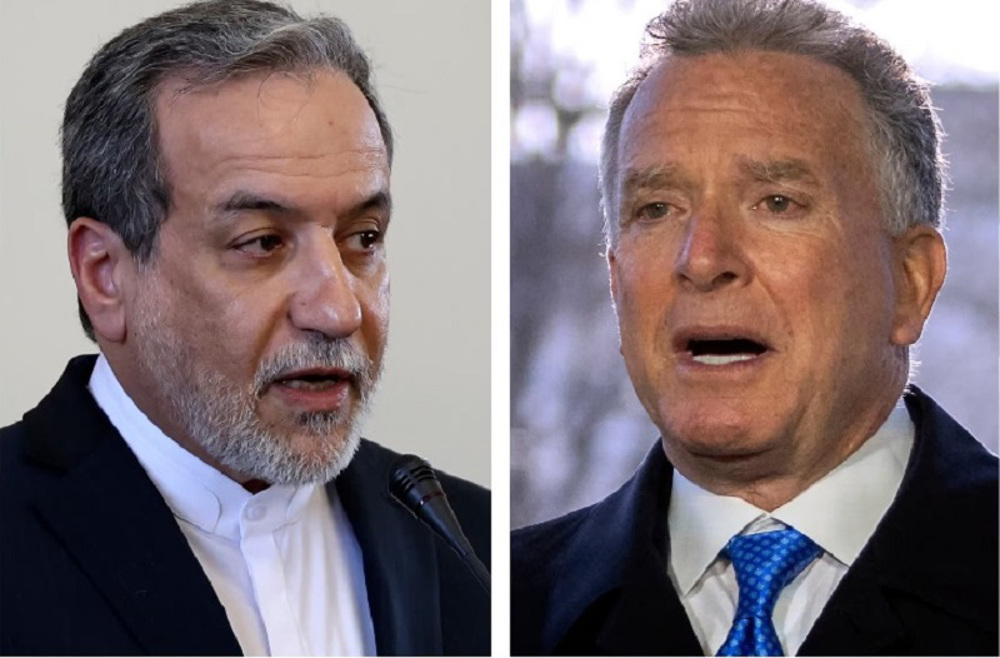
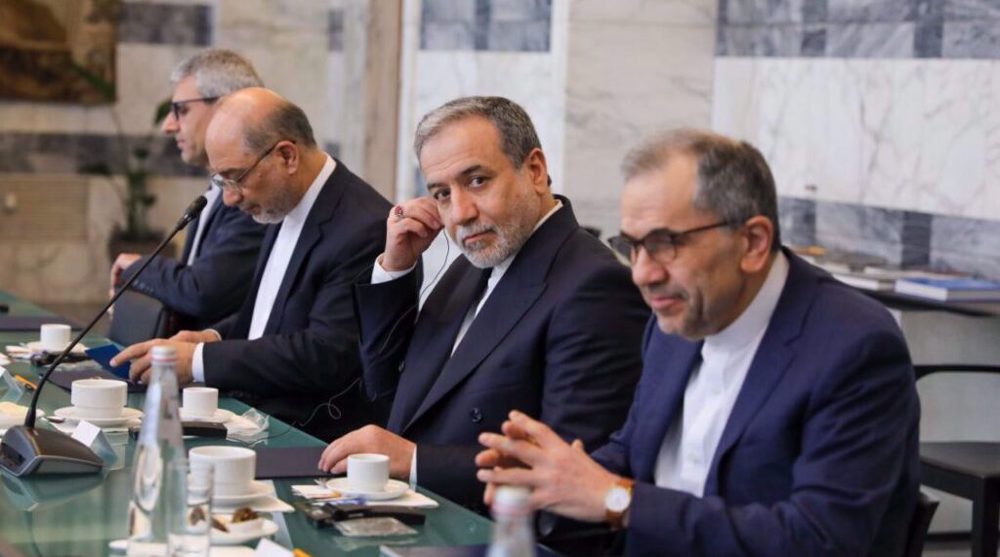
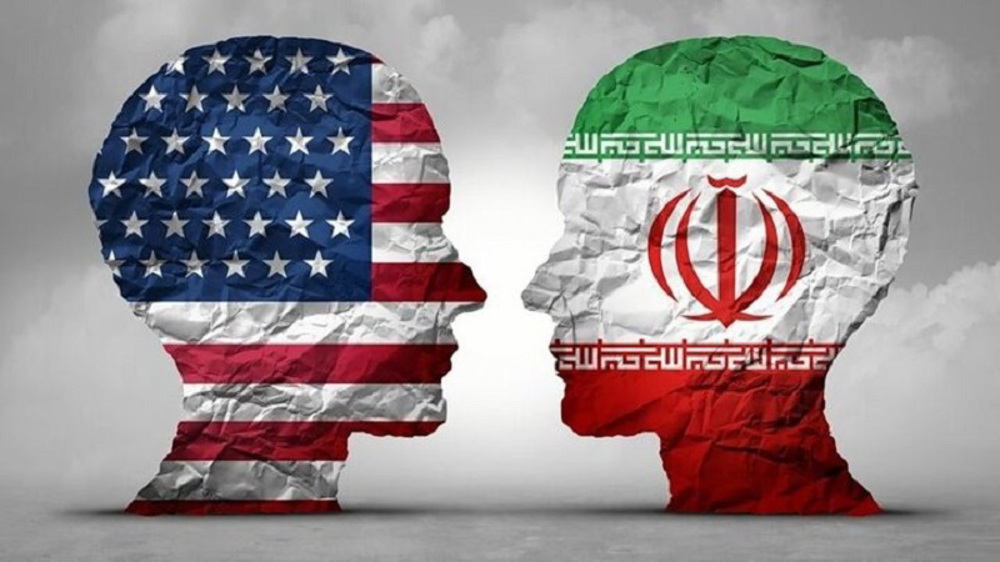
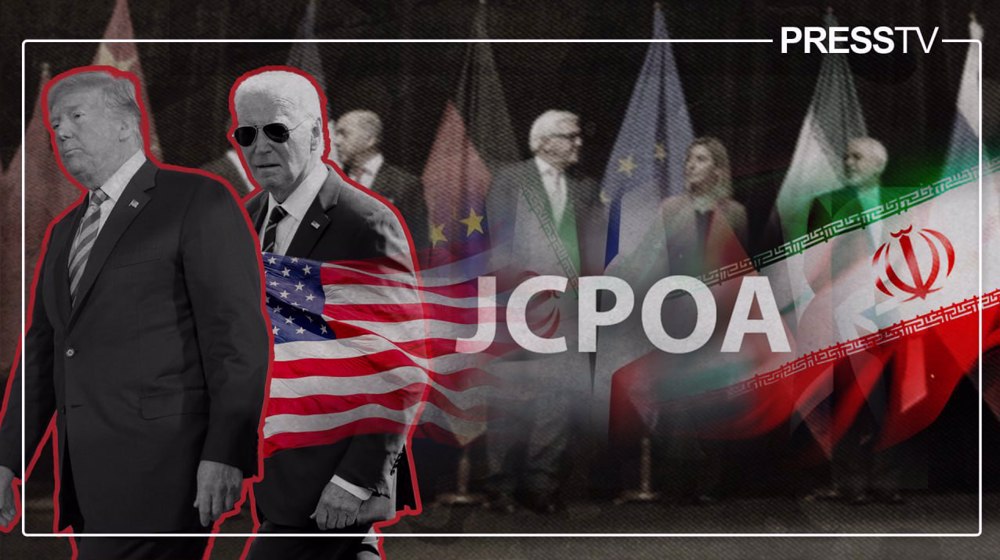
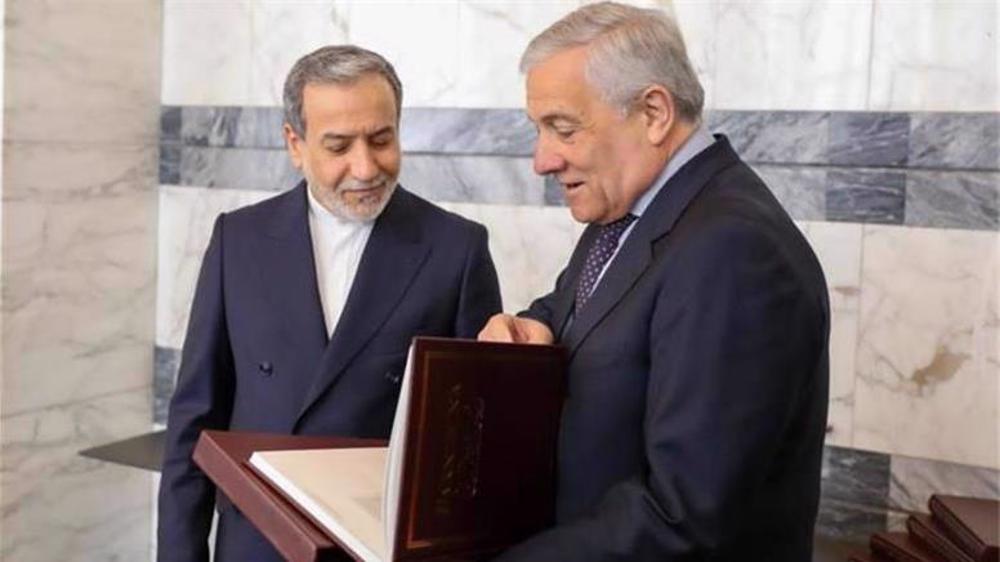
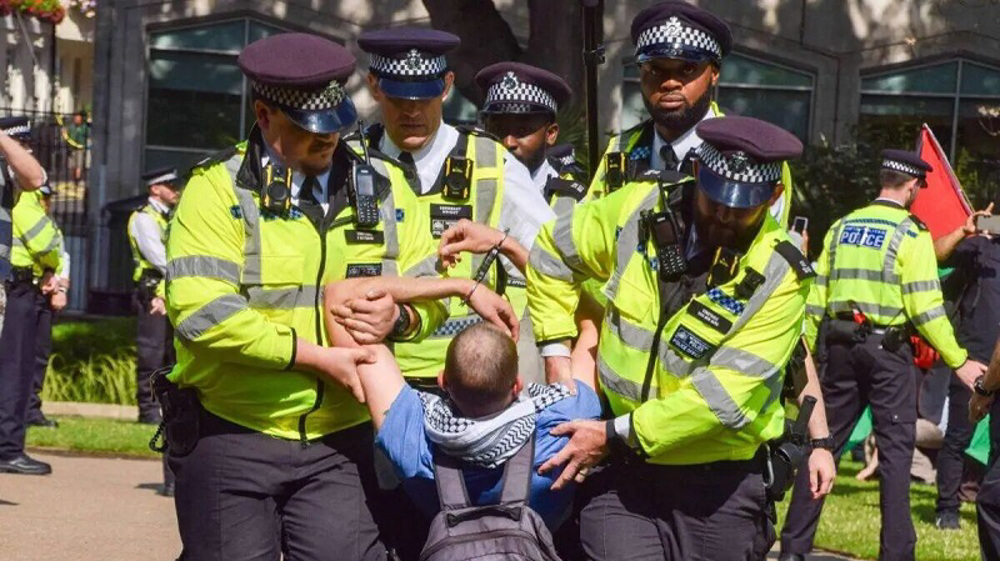
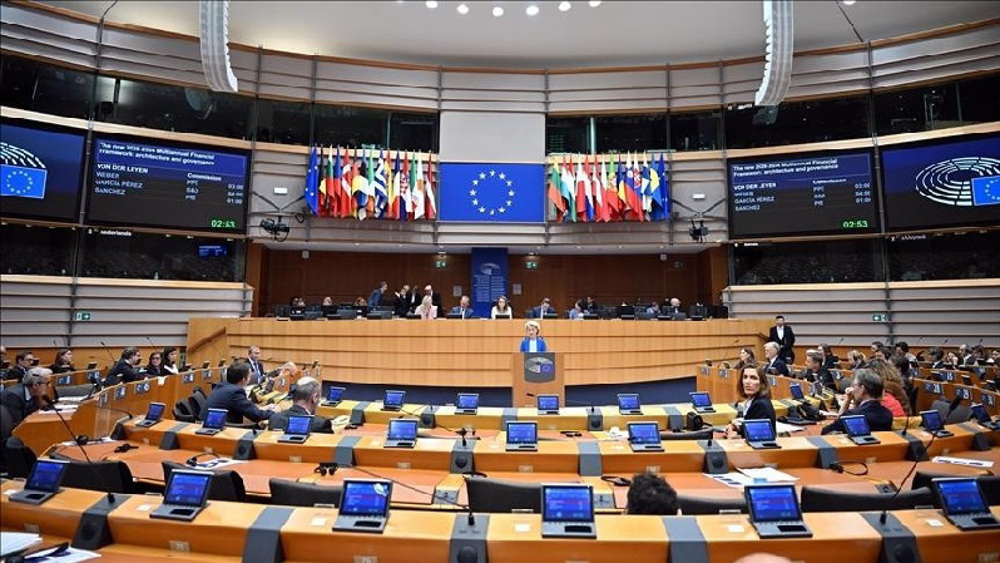
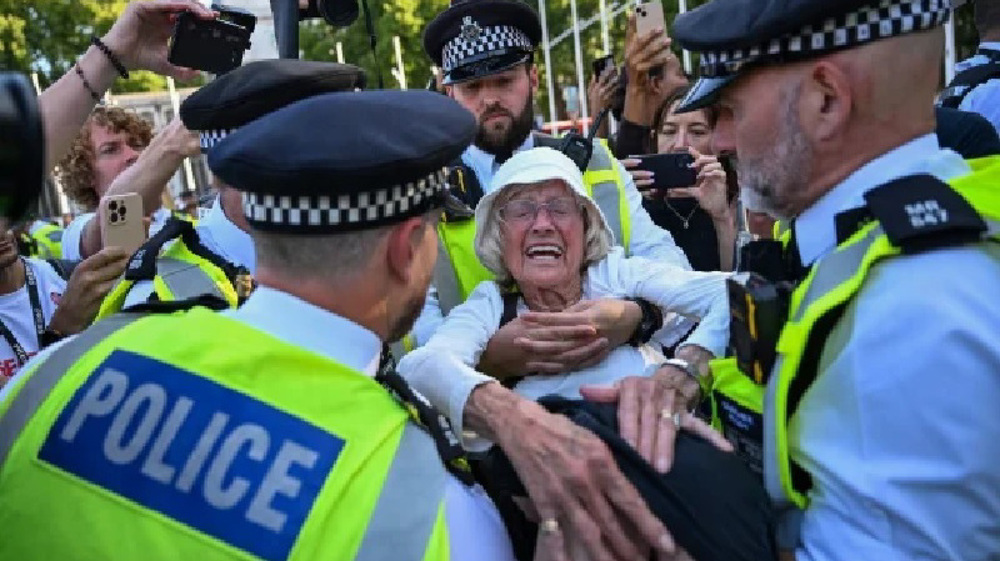



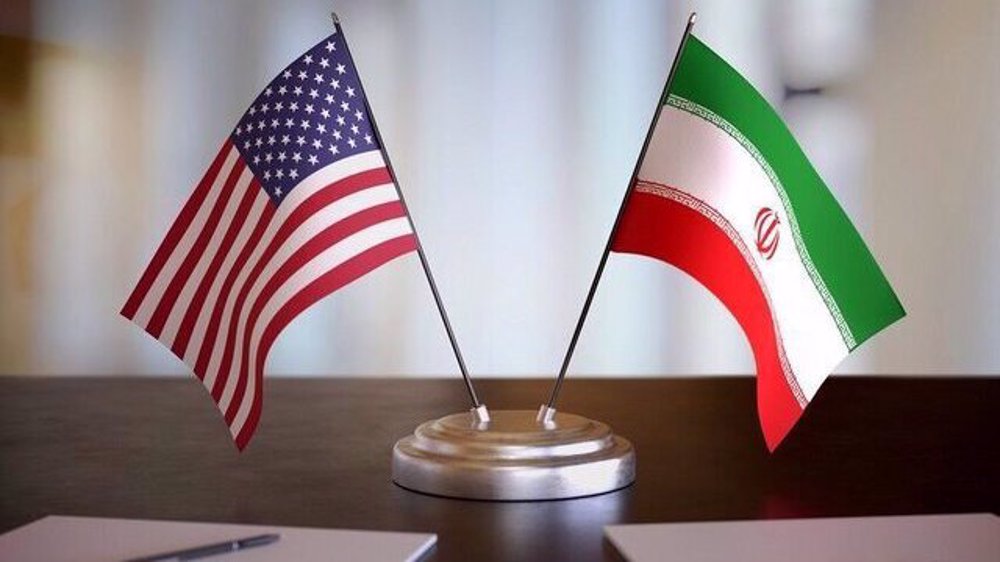
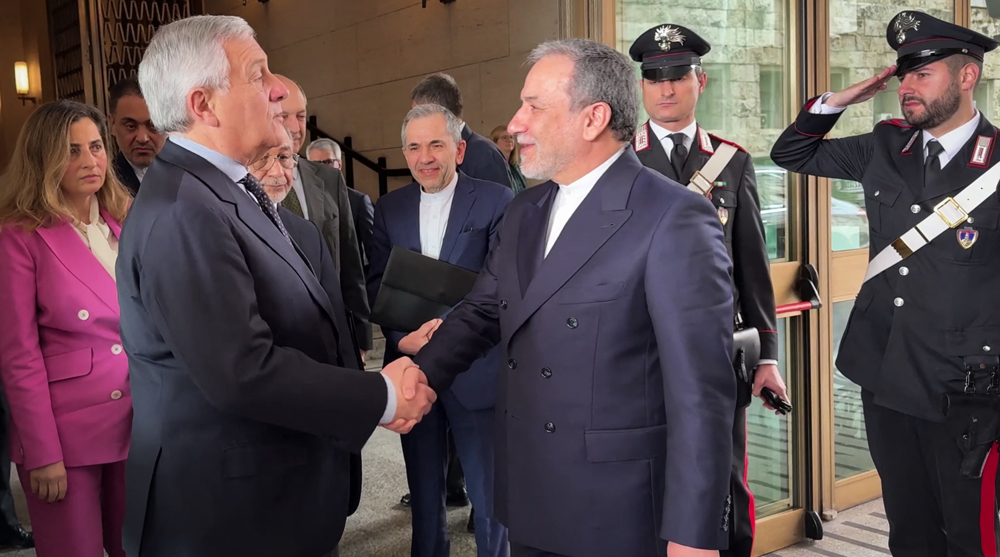
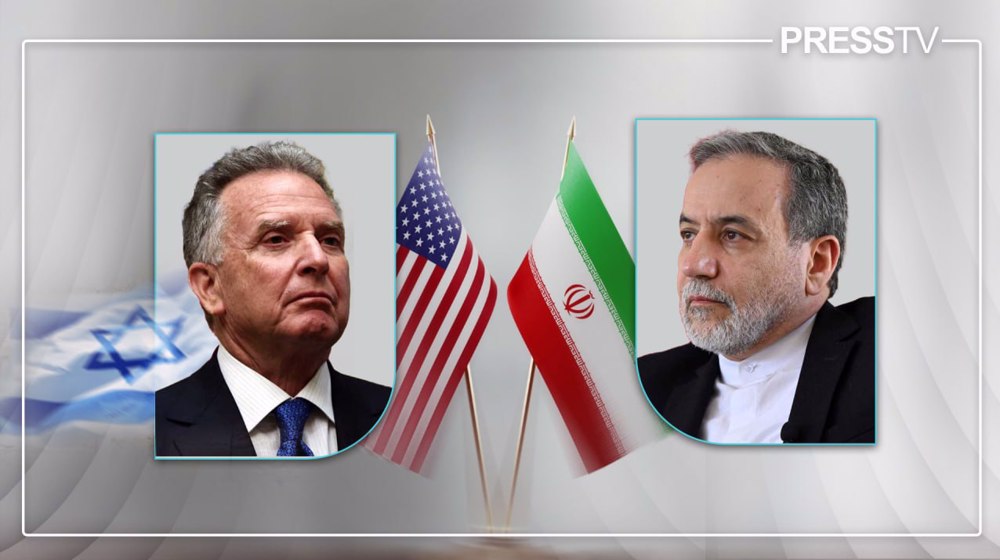
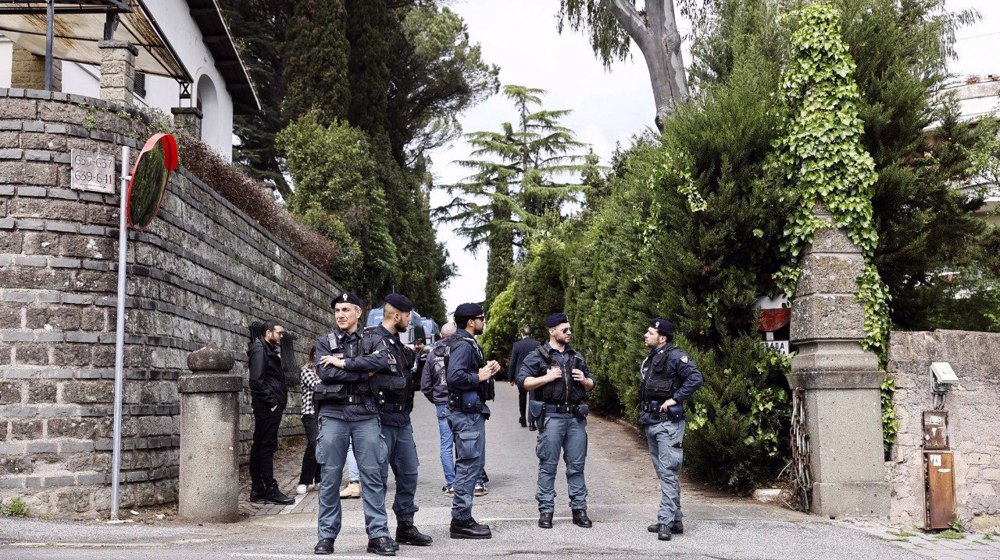
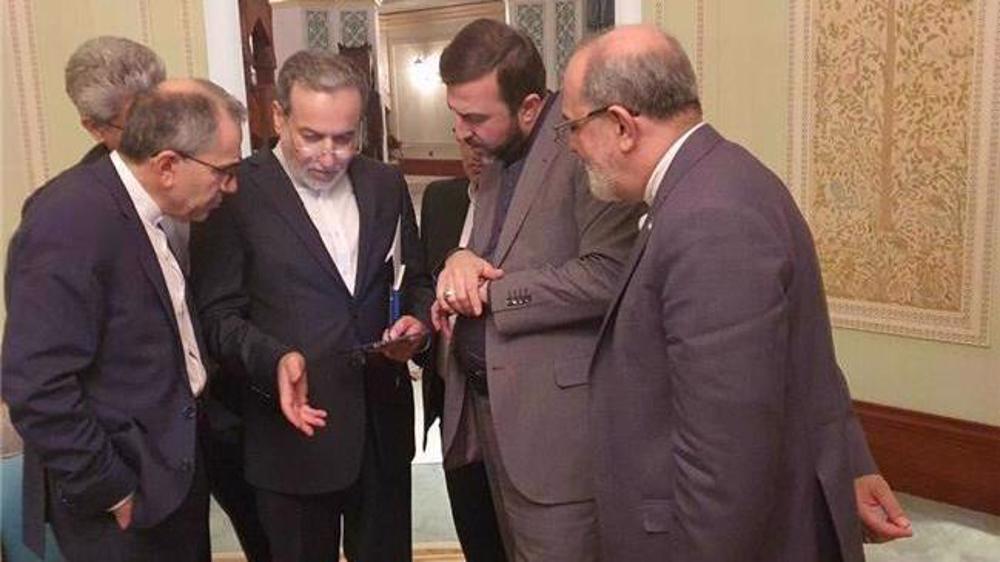
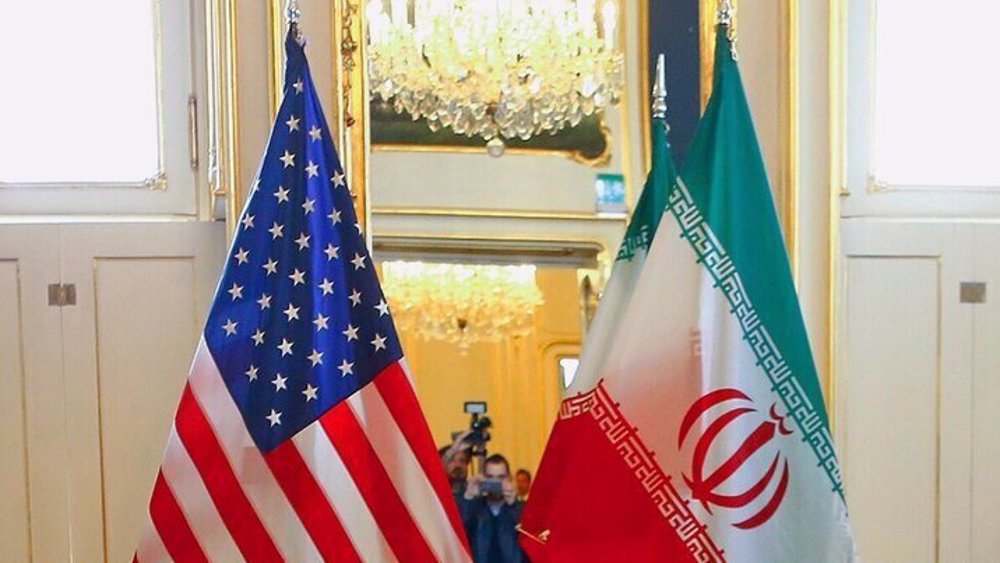
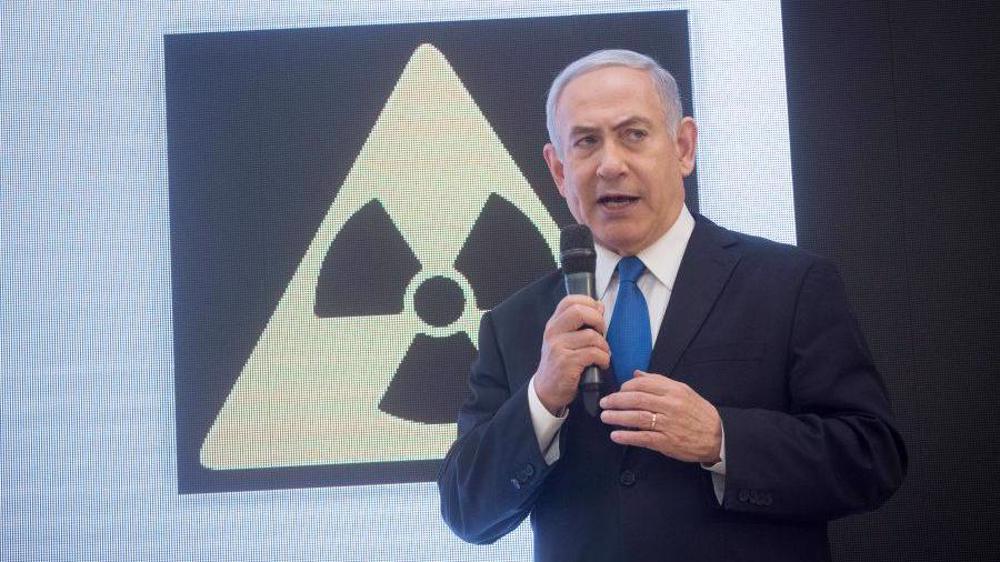

 This makes it easy to access the Press TV website
This makes it easy to access the Press TV website